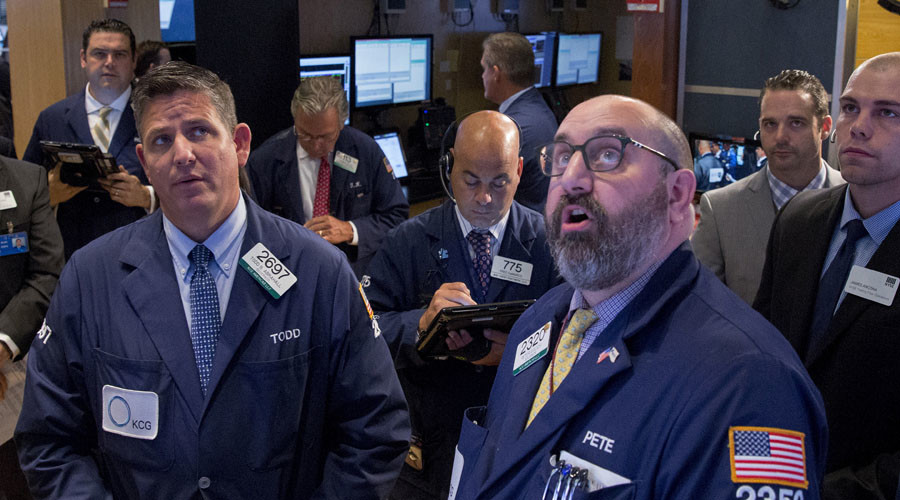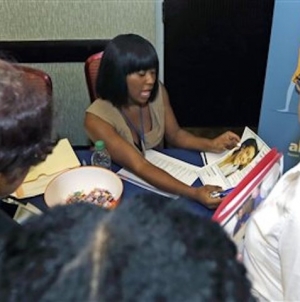-
Tips for becoming a good boxer - November 6, 2020
-
7 expert tips for making your hens night a memorable one - November 6, 2020
-
5 reasons to host your Christmas party on a cruise boat - November 6, 2020
-
What to do when you’re charged with a crime - November 6, 2020
-
Should you get one or multiple dogs? Here’s all you need to know - November 3, 2020
-
A Guide: How to Build Your Very Own Magic Mirror - February 14, 2019
-
Our Top Inspirational Baseball Stars - November 24, 2018
-
Five Tech Tools That Will Help You Turn Your Blog into a Business - November 24, 2018
-
How to Indulge on Vacation without Expanding Your Waist - November 9, 2018
-
5 Strategies for Businesses to Appeal to Today’s Increasingly Mobile-Crazed Customers - November 9, 2018
Developed, emerging markets diverge as Fed keeps rates steady
The dollar slumped on Thursday after the U.S. Federal Reserve held interest rates steady amid a slew of global challenges and lowered its long-term outlook for the American economy, Reuters reported.
Advertisement
In deciding when to hike rates, the Fed repeated it wanted to see “some further improvement in the labor market“, and be “reasonably confident” that inflation will increase.
While the median projection from Fed officials signals a rate increase by year-end, fed fund futures show traders anticipate the central bank may wait until 2016.
Uncertainty about when the Fed will shift gears has dogged Wall Street for months – a situation that has been complicated in recent weeks by market turbulence linked to slowing growth in China and worries about the health of the global economy.
The new forecast has unemployment dropping to 5 percent by the end of this year, down from 5.3 percent in June.
But in a 9 to 1 vote <strong>the Fedstrong> officials decided the economy is not quite strong enough to handle a rise, as Janet Yellen explained. While the rate hike has been put off for now, Yellen has remarked that the Committee was persuaded that a hike would be appropriate before the end of this year.
“The Fed should not be responding to the ups and downs of the markets”, she said.
The Federal Open Market Committee, the monetary policy decision body, will hold two policy meetings this year, in October and December.
For now, expectations are for the Fed to do nothing next month, with December being the baseline and the risk skewed toward a 2016 hike, according to Hatzius. “When governments get in trouble, when currencies get in trouble, they have to raise interest rates and that’s what we’re in now, a global interconnected financial crisis”.
Ms Yellen was asked in the Fed’s news conference if protesters outside the meeting demanding low rates – and outside their last meeting at Jackson Hole – had affected the decision to leave interest rates unchanged.
Global economic uncertainty outweighed modest increases in housing and jobs in a decision analysts believed could have gone either way.
The FTSE 100 fell 1.34%, Frankfurt’s Dax plunged 3.06%, and in Paris the Cac 40 dropped 2.56%. Prices for U.S. Treasuries rose.
Advertisement
The anxiety that gripped investors stemmed in part from concern that once the Fed starts raising its key rate, other rates – for mortgages, vehicle loans, business borrowing – will eventually rise. “It is probably warranted, with the U.S. economy expanding and unemployment levels now in close proximity to the theoretical “natural rate”.





























